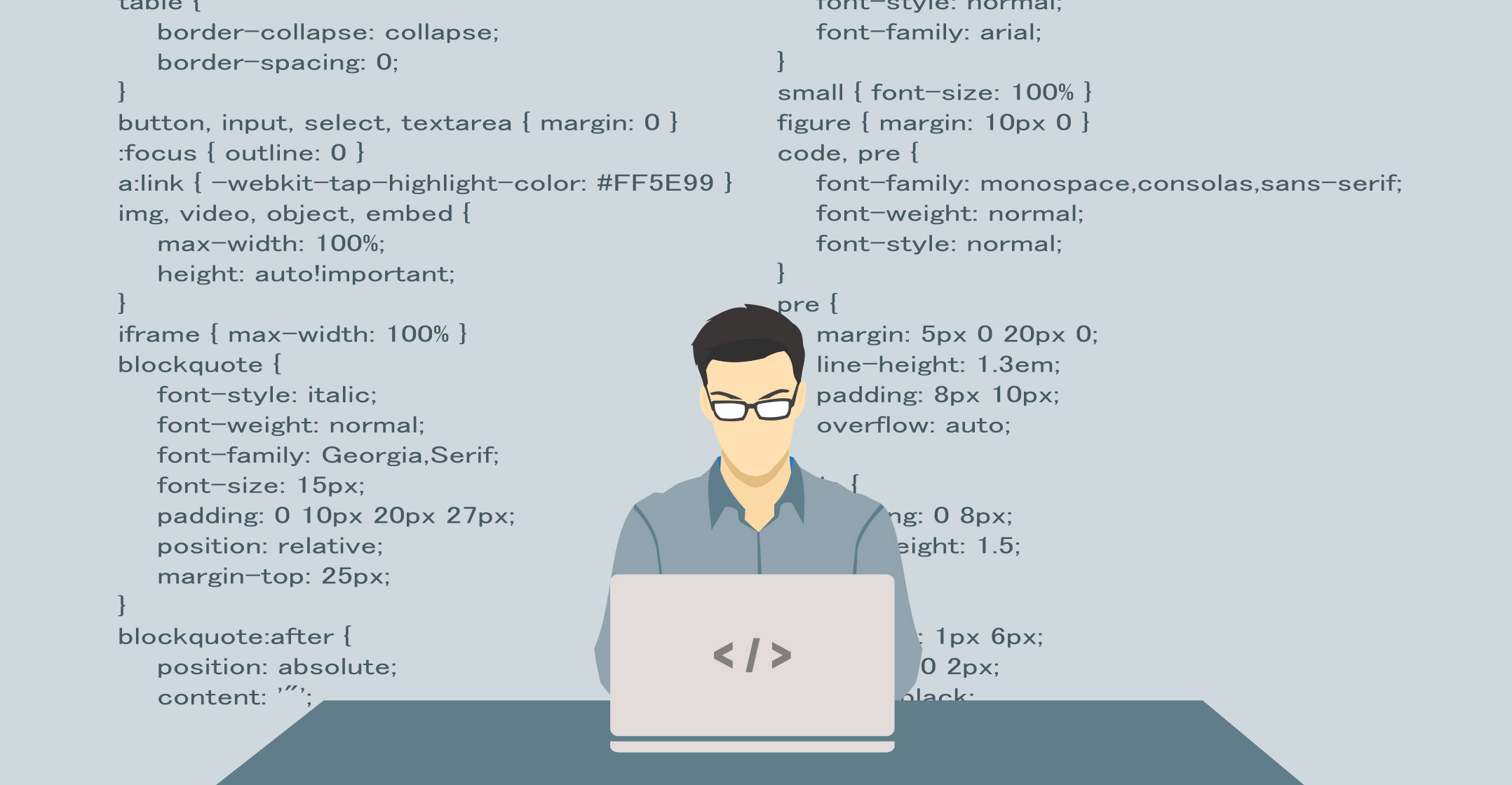 In the past decade, South Africa has seen a sharp increase in the number of people earning an income outside formal employment. This is driven in part by the country’s high unemployment rate, which sits at 29.1%, and is also due to the global move towards a mobile workforce.
In the past decade, South Africa has seen a sharp increase in the number of people earning an income outside formal employment. This is driven in part by the country’s high unemployment rate, which sits at 29.1%, and is also due to the global move towards a mobile workforce.
“Solopreneurship” is a specific kind of self-employment and it relies heavily on technology. Different technological tools enable these individuals to run their operations from anywhere and be gainfully rewarded for combining their creativity with technology.
What is a solopreneur?
The term “solopreneur” is often mistaken for “entrepreneur” but there is a key difference. A solopreneur is an individual who singlehandedly manages his or her business. Whereas an entrepreneur can hire additional staff to work for them, a solopreneur works alone. Solopreneurs also usually run virtual businesses, providing services where their physical presence is not required, such as freelance writing, online learning and software development.
App developers, who specialise in software creation and programming, are one of the most common types of solopreneurs. As software engineers, much of their time is dedicated to understanding software algorithms and code. They create apps that perform specific tasks, address consumer pain points or simply provide entertainment. App developers play an essential role in ensuring that technology can meet all our rapidly developing needs as our world becomes more fast-paced.
Huawei is providing platforms that allow solopreneurs to thrive.
The success of app developers is driven by their access to certain technological tools such as cloud storage, location services and account login functionality. However, these tools can come at a great financial cost. It is for this reason that Huawei recently launched its developer programme globally, including in South Africa, which gives developers access to use the Huawei Mobile Services (HMS) ecosystem to build mobile apps without the financial burden of paying for app-building infrastructure. Globally, more than 1.07 million developers have registered in the HMS ecosystem, more than double the number last year, giving these developers access to providing apps for Huawei’s 570 million active users.
HMS incorporates Huawei’s chip, device and cloud capabilities and integrates a set of HMS core services (HMS Core), tools and platforms for IDE development and testing, as well as HMS apps, including Huawei AppGallery, Huawei Browser and Huawei Video. HMS, together with third-party apps and services on Huawei devices, forms the HMS ecosystem, an intelligent mobile Internet ecosystem.
A 360-degree approach to empowering app developers
HMS provides unified access to the distribution of apps for all devices, spurring developer innovation in the process. The HMS ecosystem features all-scenario capability openness, global smart distribution, full lifecycle operations management, and comprehensive incentive and support mechanisms, which forms an important part of Huawei’s all-scenario intelligent ecosystem.
To encourage more developers to integrate qualitative apps to the HMS ecosystem, Huawei has announced a global investment in its developer programme of US$1-billion through its Shining-Star Programme. The investment is targeted at incentivising and accelerating global developer innovation aiming to cover skills development and training, infrastructure and technical support, as well as marketing support once the apps are published.
As people continue to make alternative work arrangements based on solopreneurship, technology will continue to shape the success of solopreneurs and help drive our economy. Initiatives such as the Huawei developer programme are essential in ensuring South Africans can thrive as tech solopreneurs.
App developers with a completed app can visit developer.huawei.com, or contact the Huawei South Africa business development team on [email protected] to find out how Huawei can support them.
- This promoted content was paid for by the party concerned




